Gorana Gojic
Scalability and Sample Efficiency Analysis of Graph Neural Networks for Power System State Estimation
Mar 02, 2023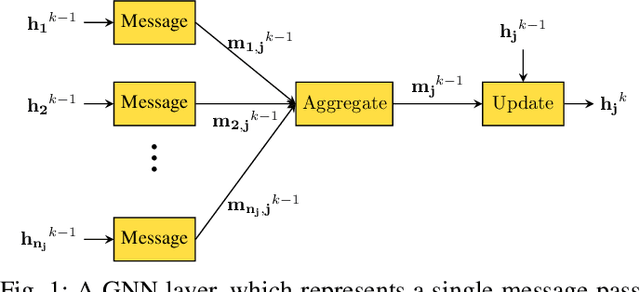
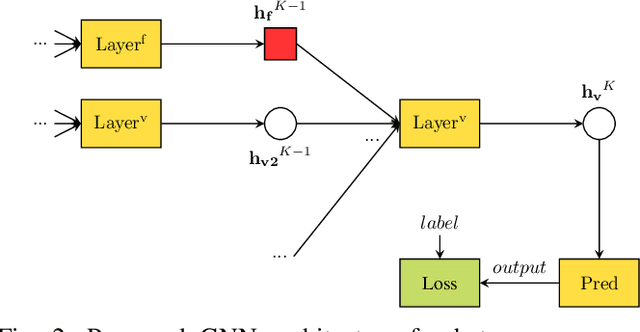
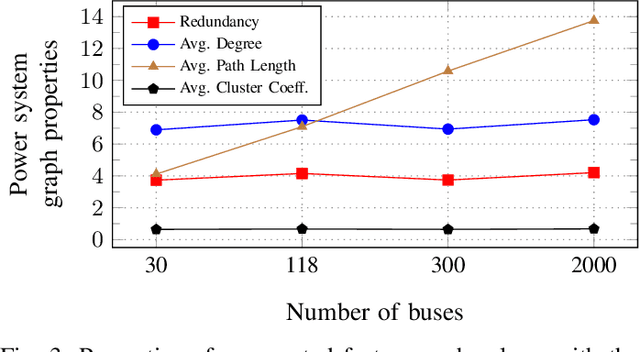
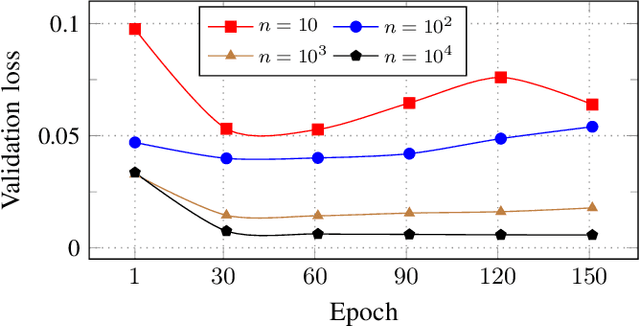
Abstract:Data-driven state estimation (SE) is becoming increasingly important in modern power systems, as it allows for more efficient analysis of system behaviour using real-time measurement data. This paper thoroughly evaluates a phasor measurement unit-only state estimator based on graph neural networks (GNNs) applied over factor graphs. To assess the sample efficiency of the GNN model, we perform multiple training experiments on various training set sizes. Additionally, to evaluate the scalability of the GNN model, we conduct experiments on power systems of various sizes. Our results show that the GNN-based state estimator exhibits high accuracy and efficient use of data. Additionally, it demonstrated scalability in terms of both memory usage and inference time, making it a promising solution for data-driven SE in modern power systems.
Supporting Future Electrical Utilities: Using Deep Learning Methods in EMS and DMS Algorithms
Mar 01, 2023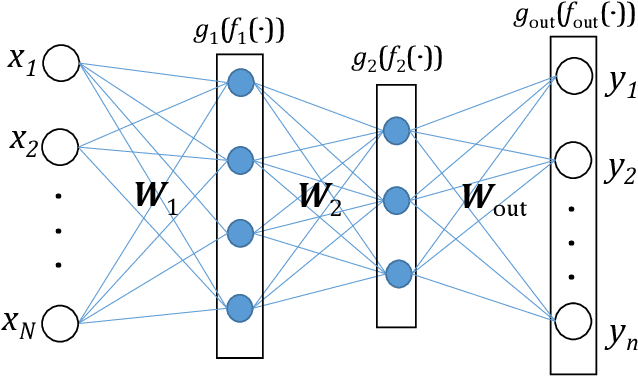
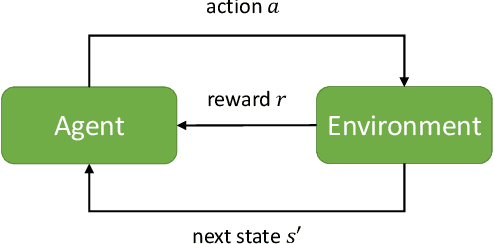

Abstract:Electrical power systems are increasing in size, complexity, as well as dynamics due to the growing integration of renewable energy resources, which have sporadic power generation. This necessitates the development of near real-time power system algorithms, demanding lower computational complexity regarding the power system size. Considering the growing trend in the collection of historical measurement data and recent advances in the rapidly developing deep learning field, the main goal of this paper is to provide a review of recent deep learning-based power system monitoring and optimization algorithms. Electrical utilities can benefit from this review by re-implementing or enhancing the algorithms traditionally used in energy management systems (EMS) and distribution management systems (DMS).
 Add to Chrome
Add to Chrome Add to Firefox
Add to Firefox Add to Edge
Add to Edge